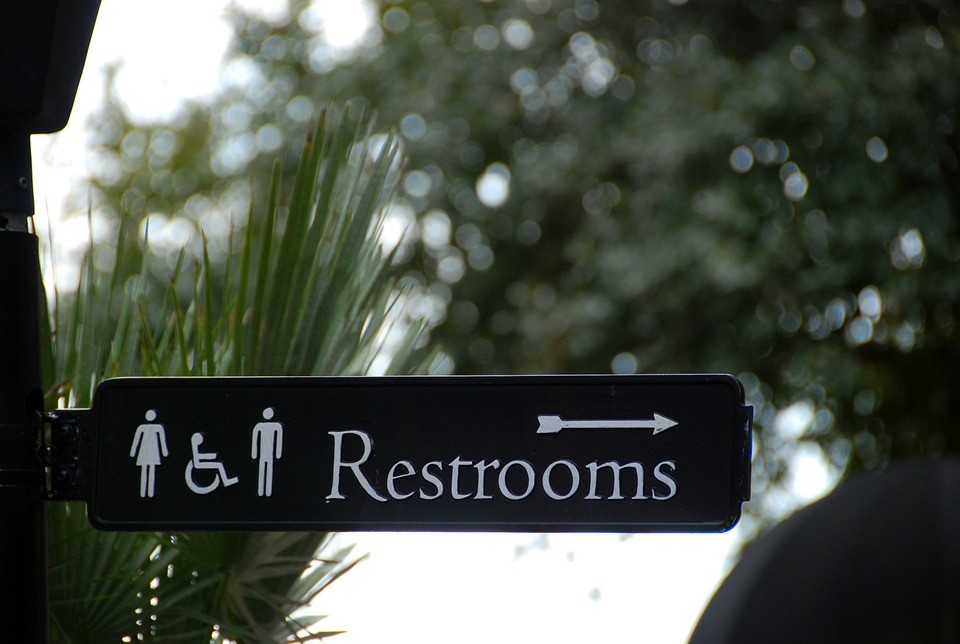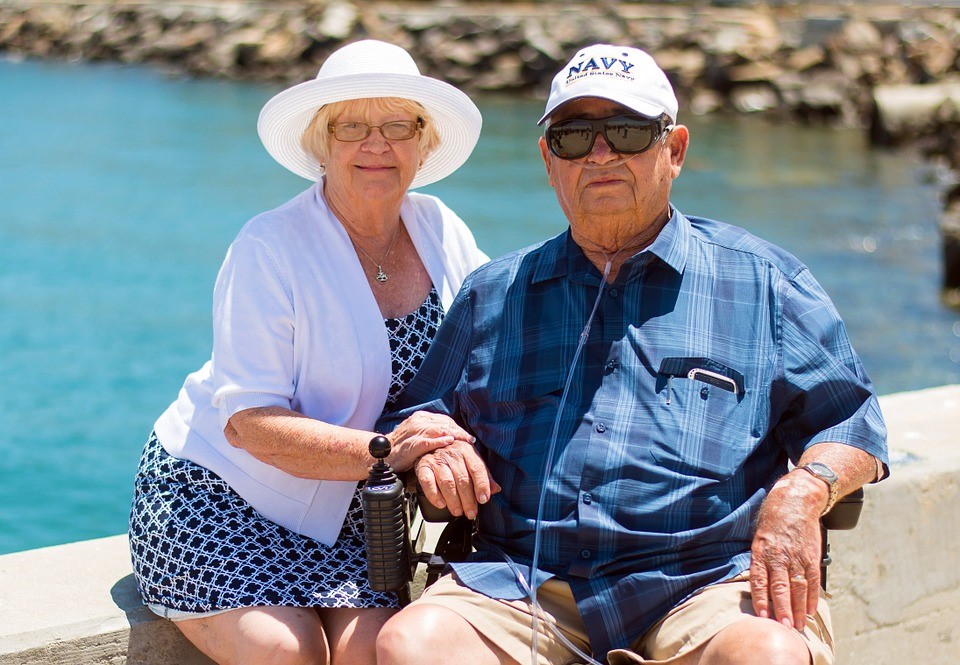Many people fear and dread the possibility of an ‘accident’ but, remaining active with incontinence should not be an issue. As well as managing with incontinence pads, there are many things you can do about stopping it from happening complete or lessening the impact on your daily routine.
#1 Start taking back control
It’s not easy to talk about incontinence which is researchers found that women wait on average six years before they seek medical help.
Incontinence is not a sign of aging but it can be a sign of something else. Urinary tract infections (UTIs) can cause you to lose control of your bladder in the short term. Easily treatable, once the UTI has disappeared, you may also find urinary incontinence disappears too.
Some types of medication can also cause incontinence, again something that can be easily remedied.
#2 What type of incontinence is it?
Working out the type of incontinence you have is important as this can lend itself to getting the right treatment;
- Stress incontinence is when you accidentally leak urine when you laugh, cough, sneeze, lift something heavy and so on. This implies that the pelvic floor muscles around your bladder are not strong enough to support it.
- Urge incontinence is when you need the toilet but accidentally leak before you get there. This is a strong and immediate urge, that comes on with no warning.
#3 Medical help
Your GP or nurse will ask you about your incontinence, its symptoms and how long you have had the problem. They may also ask you to keep a diary of what you eat and drink, as well as when you visit the toilet and how bad your incontinence is at certain times of the day and night.
#4 Looking for the cause
Your GP or nurse will look for what could be causing your incontinence, from testing for any infection to other conditions that may be the root cause. They will look at your medical history too.
For women who have had children, child birth, both vaginal and caesarean deliveries, can cause the pelvic floor muscles to be weakened or damaged. Pelvic floor exercises can make a huge difference.
For men, examining the prostate is usual too as an enlarged gland can impact on your continence.
#5 Pelvic floor exercises
For men and women, pelvic floor exercises can make a huge difference to their incontinence issues can eventually stop the problem completely.
The pelvic floor muscles are sling like, running from the front of your body by your pubic bone to the rear of your body, to the base of your spine. The exercises are ‘clench and release’ type ones and can be practiced anywhere, any time – and no one knows you are doing them!
#6 Getting back in control
Some people with incontinence also find that scheduling toilet visits can also be a great help in reducing leaks or accidents.
This is also known as bladder re-training. Some people schedule bathroom visits every two hours and if they feel the urge to go before, use pelvic floor muscle exercises to ‘hold it in’. Over time, you will develop better muscles and control.
#7 Other aids
If you feel your incontinence is getting worse or you need help to control it, your GP may prescribe you products .
Women for example, can use a cone or pessary which supports the bladder and surrounding muscles. There are also surgical options.
#8 Get the right protective products
Just like sanitary wear, incontinence pads are available in a range of absorbencies. There are also products specifically for men.
Although you may not like the idea of wearing pants or pads, they do provide a layer of protection that will give you more confidence to be able to enjoy life again! Don’t let incontinence hold you back – seek medical help.
HARTMANN Direct supply a range of protective incontinence pads and pants for men and women. Offering a discreet delivery service, there are all kinds of products available that give you freedom to enjoy life, without worry about incontinence.

